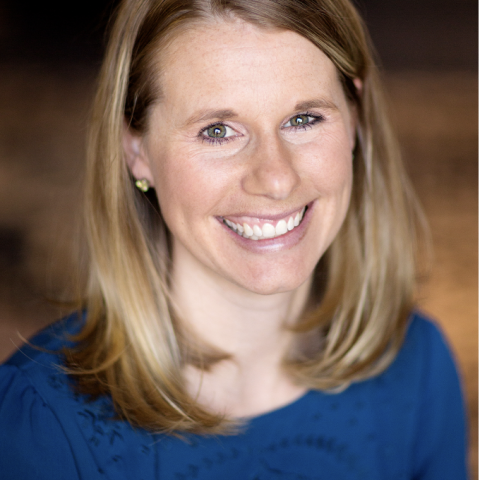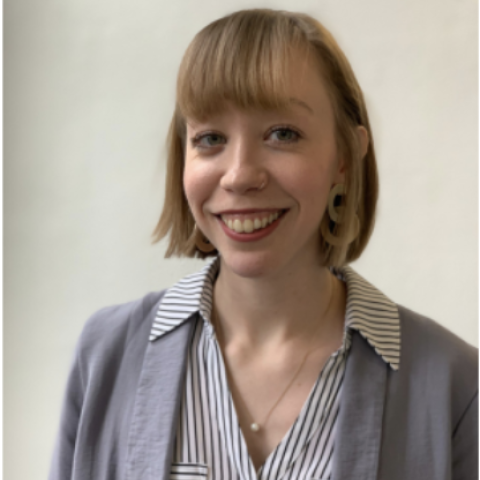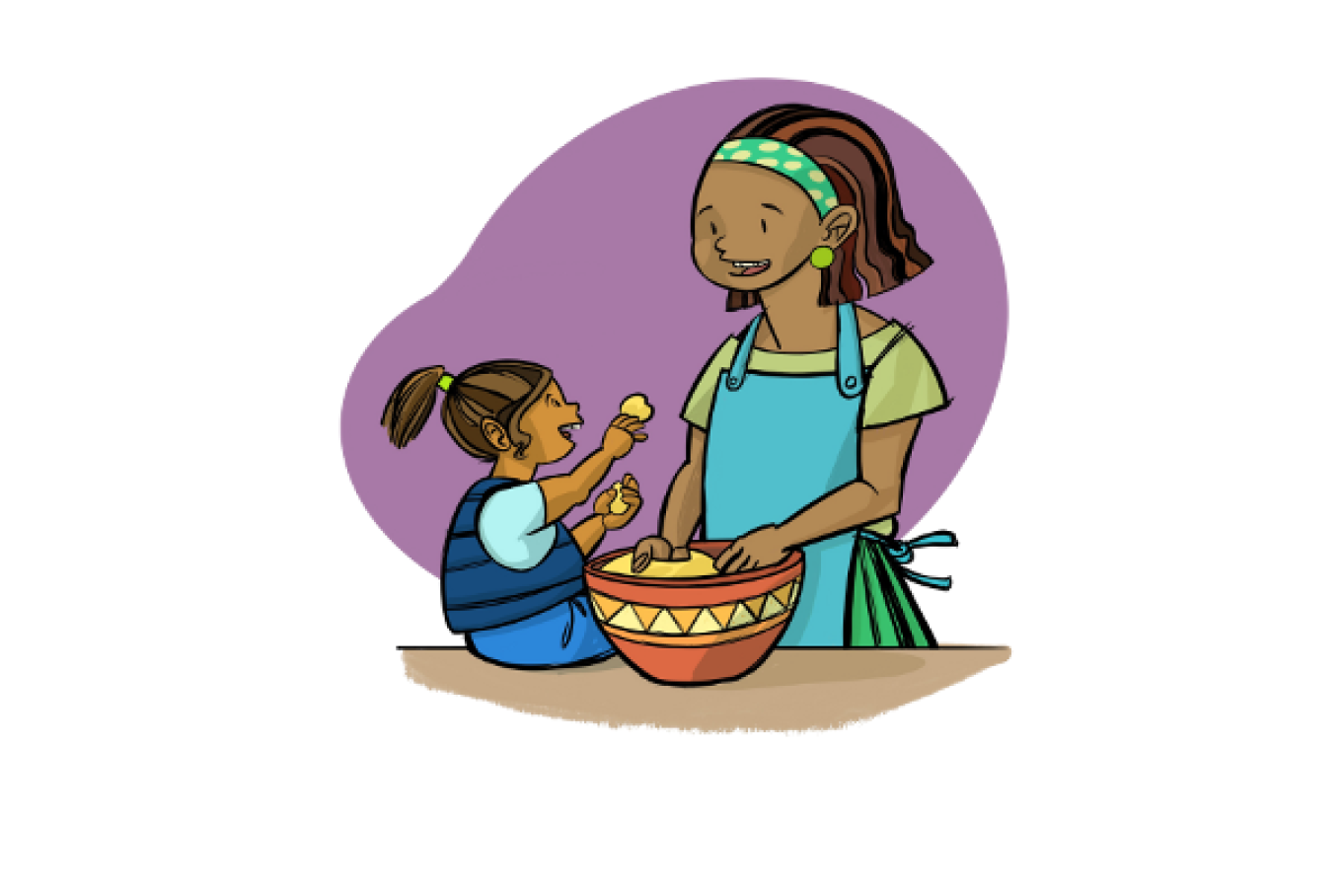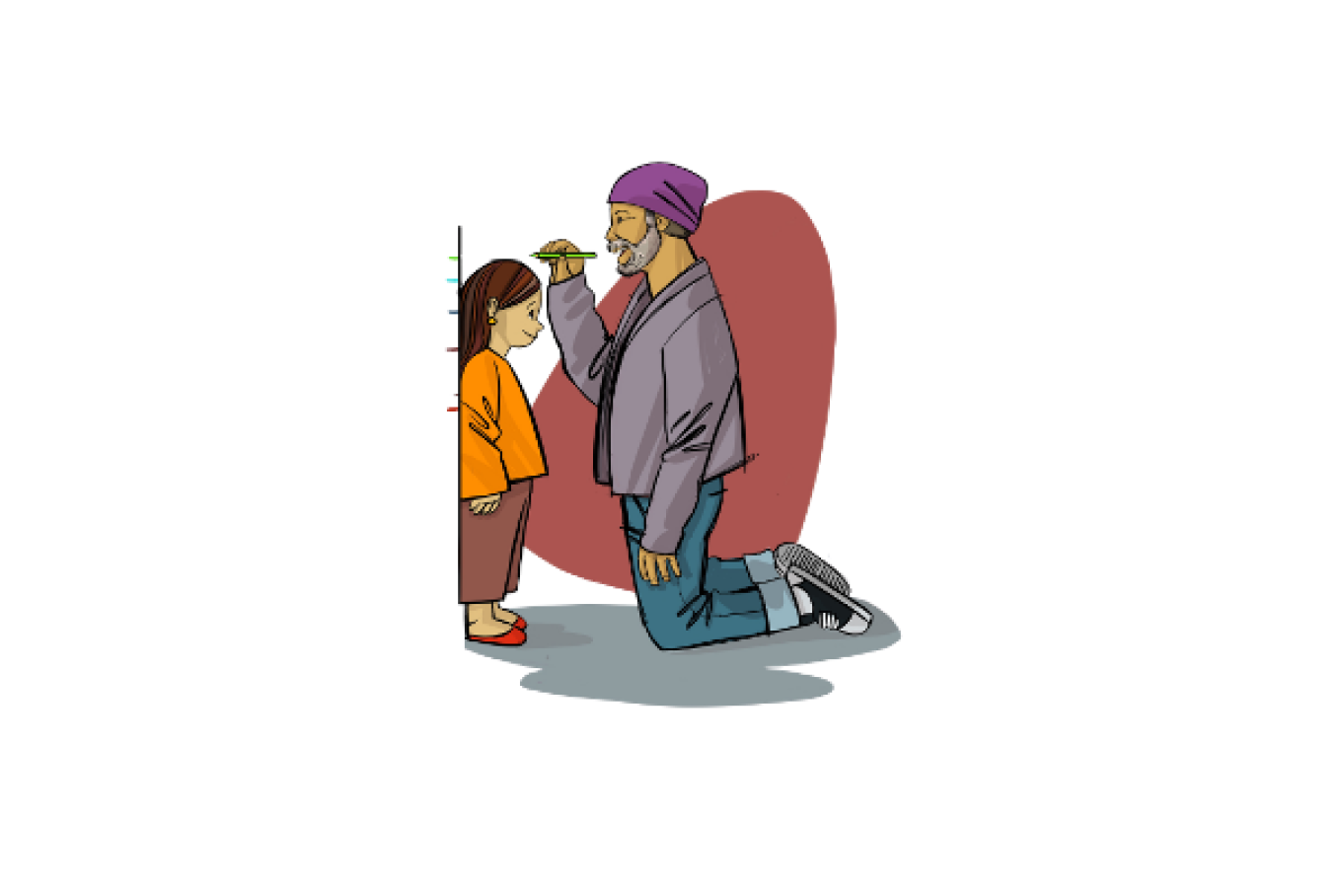Activities for Family Support Professionals
In response to requests from Parent Educators and other family support professionals (FSPs), the Early Math and Numeracy Lab created materials to support FSPs' professional development around early mathematics. These materials include 18 activities for family support professionals to use to promote parent engagement in early mathematics. With the generous support of the Heising-Simons Foundation, these materials were translated into Spanish and Somali in 2025. Here we make all three versions of the activities available.
The activities center on three themes: Math Dispositions, Early Math Topics, and Finding Math in Everyday Life. We developed five or more activities per theme, to accommodate different family support professional environments (classrooms with groups of parents and other caregivers, home visits with one or two caregivers, etc.). Each of these 18 activities is available on this website, and each is available in three languages.
Although the activities were designed to align with training modules we have also developed, the activities can be used independent of completing the training modules. We will make the modules available on this website at a future date. In the meantime, you are welcome to explore the Family Support Professionals Activities for your own use with families, caregivers, and other family support professionals.
Set 1: How Attitudes and Dispositions May Affect Early Math
Children are intuitive mathematical thinkers, and so are the adults around them! Children also enjoy and naturally engage in mathematical play. But do children view themselves as able to do math, or as being good at math? Do they think of math as something interesting, fun, and important? How about the adults around them? How do adults’ dispositions towards mathematics potentially influence the way children in their care think about math, and about being a mathematical thinker? Set 1 activities were designed to help FSPs and caregivers explore these and related questions.
Set 2: Math is Numbers and More: Exploring Early Math Topics
Numbers and counting are foundational to mathematics, and children naturally show an interest in both. Even infants attend to and seem to understand quantities, and arithmetic, and that number words have to do with “how many.” But there are other equally important math topics. The Set 2 activities were designed to support FSPs and caregivers explore different mathematics topics and the ways these topics surface in early mathematics.
Set 3: Finding Math in Everyday Life
Once a parent or caregiver becomes more familiar with the early math topics and becomes more aware of the importance of early mathematics, it is easier for them to be intentional about noticing the mathematics in children’s thinking, play, and everyday life. The goal of this intentionality is NOT about turning everyday routines into formal math lessons, but rather to notice and talk about the math that emerges in everyday life, model problem solving, and help children learn to use math language to describe their mathematical thinking and play. The Set 3 activities are designed to help FSPs and caregivers identify mathematics in their everyday routines and to practice talking about the math in ways that may build children’s mathematical thinking and language.
About the authors

Michèle Mazzocco is a professor at the University of Minnesota’s Institute of Child Development, where she leads the Math and Numeracy Lab.


Alisha Wackerle-Hollman is an assistant research professor in the University of Minnesota’s Department of Educational Psychology.

Contributors
ICD doctoral students Sarah E. Pan, and Jasmine R. Ernst contributed to developing these activities as former graduate students in the Math and Numeracy Lab.

Sarah E. Pan


Jasmine Ernst

Acknowledgments
These activities were developed by the Math and Numeracy Lab, directed by Michèle Mazzocco, Institute of Child Development (ICD), in collaboration with Alisha Wackerle-Hollman, Director of the IGDIlab, Department of Educational Psychology, both at the University of Minnesota. Our initial development work was supported by Heising-Simons Foundation DREME Network Awards 2018-0670 and 2020-1777 to M. Mazzocco. Translation and development of the Spanish and Somali versions of these materials was supported by Heising-Simons Award 2023-4878 to M. Mazzocco and A. Wackerle-Hollman. We thank the many undergraduate and graduate student members of the Math and Numeracy Lab that contributed to this work during conception to final translation; the family support professionals who provided feedback and welcomed us (and our activities) into their classrooms; and our community partner consultants who provided insight on language selection and delivered translations and illustrations to make this work meaningful to the Latine and Somali communities.

















